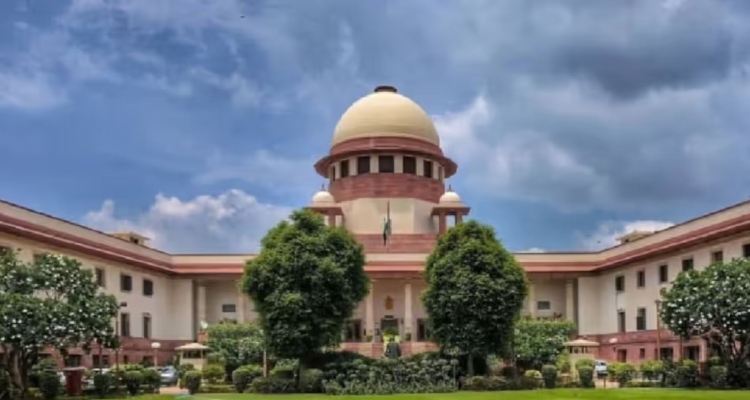
The Supreme Court of India on Thursday has announced its intent to determine the constitutional validity of certain provisions in the Indian Penal Code and the Bharatiya Nyaya Sanhita that provide immunity to husbands accused of raping their wives, provided the wives are not minors.
This decision has sparked significant debate regarding the implications for marital rights and women’s protection.
A bench led by Chief Justice D.Y. Chandrachud, alongside Justices J.B. Pardiwala and Manoj Misra, invited the petitioners to respond to the government’s argument that penalizing such acts could severely disrupt marital relationships and lead to instability within the institution of marriage.
Senior advocate Karuna Nundy, representing one of the petitioners, initiated the discussion by emphasizing the significance of the IPC and BNS provisions on marital rape. She stated, “It is a constitutional question. There are 2 judgments before us and we have to decide. The core issue is of the constitutional validity (of the penal provisions).”
Nundy asserted that the court should eliminate any provisions deemed unconstitutional, arguing that they infringe upon fundamental rights, specifically citing Article 14 (right to equality), Article 19, and Article 21 (right to life and personal liberty).
The Chief Justice noted the intent behind the exception clause: that when a husband engages in sexual acts with a wife over the age of 18, it is not classified as rape under the law.
The bench further deliberated on the potential outcomes of striking down the immunity clause. They questioned whether such actions would categorize the offense under the general definition of rape or if the court could establish a separate offense concerning this exception.
Current legal frameworks under Section 375 of the IPC—now superseded by the BNS—state that sexual intercourse by a man with his wife, who is not a minor, is not considered rape.
Similarly, under the new BNS legislation, Exception 2 to Section 63 maintains that “sexual intercourse or sexual acts by a man with his own wife, the wife not being under eighteen years of age, is not rape.”
The government’s position highlights the complexities arising from evolving social and familial structures, warning of the challenges in proving consent. This argument emphasizes the potential for misuse of amended provisions, complicating legal proceedings surrounding such sensitive issues.
The appeal currently before the Supreme Court stems from a split verdict delivered by the Delhi High Court on May 11, 2022. In that case, Justices Rajiv Shakdher and C. Hari Shankar agreed that the matter warranted further examination by the Supreme Court, as it posed substantial legal questions that require resolution.
As the hearing progresses, the court’s decision could have profound implications for women’s rights and the legal definitions surrounding marital consent and rape in India.




